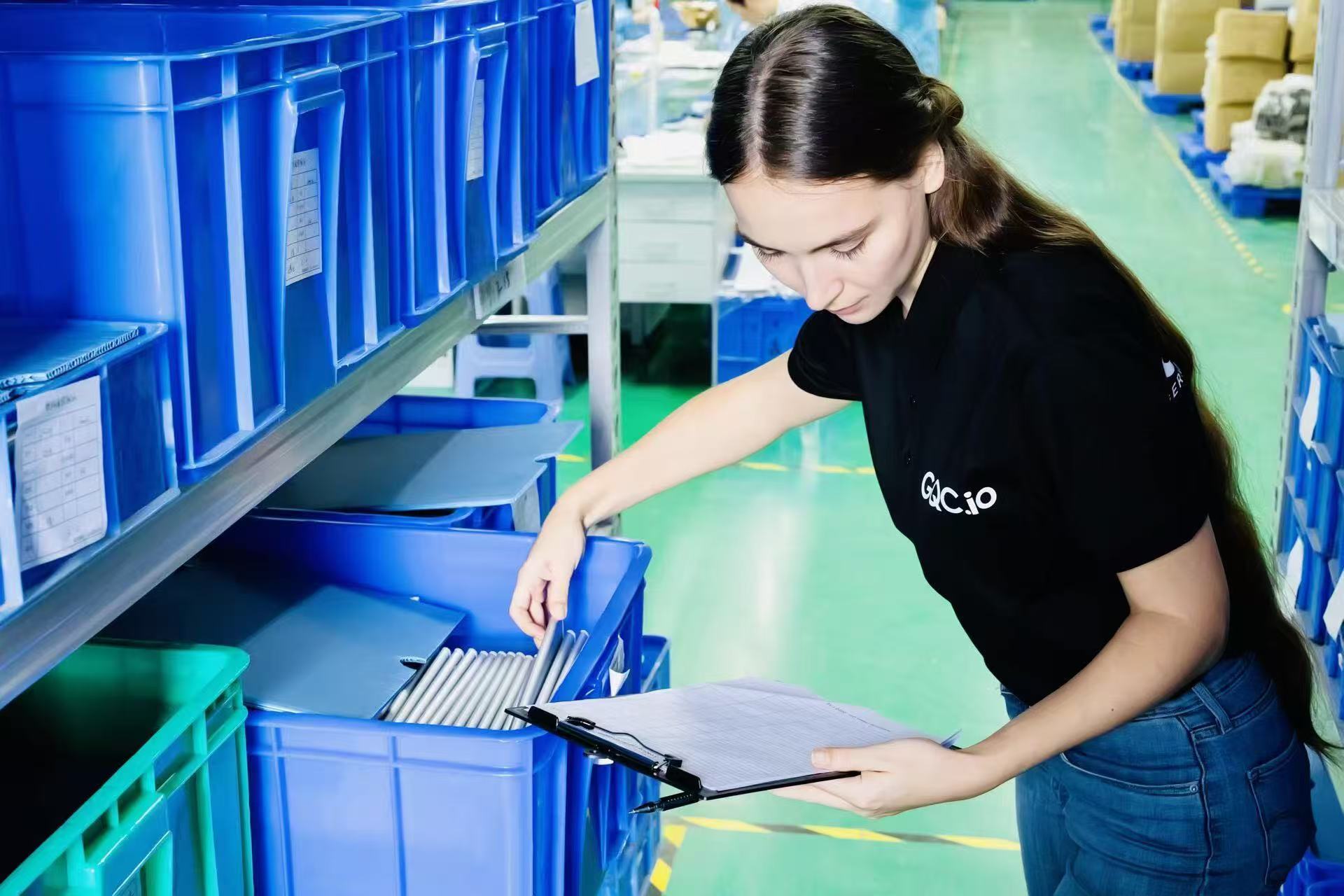If you have ever considered outsourcing your order you've probably run into the question of whether or not to let your supplier subcontract the production and whether it can be dangerous. Unfortunately, many buyers will choose to use subcontracting as a way to get their products at a low price and in higher quantity. This article will outline this issue, how it is detrimental to your business and how to avoid it.
While subcontracting is common in many industries, it can be a serious problem for businesses that order a big quantity of goods from their suppliers in China. The biggest concern is that subcontractors may not have the same level of quality control as your main supplier. They may have less experience or training, or they might not have the same standards for manufacturing products the way you require. When this happens, your business could end up with inferior products or services that cause customer complaints and reduce customer loyalty.
Additionally, when your supplier hires another third-party company to complete part of your order, they are no longer responsible for ensuring that the materials or services produced will meet your standards or expectations. This means that if something goes wrong with the material or service while being made by someone other than your supplier, they won't be held accountable for correcting your goods and it could be very hard to get your money back.
The best way to avoid all these problems is by learning how to reduce subcontracting risks while ordering your goods from Chinese manufacturers.
The following are some methods that can help to avoid subcontractors:
1) Before placing your order request detailed information about the company on their website or other online resources like Alibaba, Made in China, etc. You should also ask for references from past customers to make sure that this is a legitimate factory.
2) Require the supplier to provide a contract with all details of the agreement and payment. Ensure that all payments made by your company will be applied towards your order and not used by the supplier as payment for their subcontractor's work.
3) Make sure that the factory can manufacture the goods that will meet your standards and expectations. Keep in mind that the quality of the product will suffer if the factory does not have adequate resources and equipment for mass production.
4) Sign an OEM agreement. This document limits the number of factories that can manufacture your products and ensures that all subcontractors have been approved. It also will include details such as pricing and delivery dates, as well as specifications on what type of quality control will be conducted by the producer before delivering the goods.
Finally, the best way to prevent your suppliers from subcontracting is to perform a factory audit before production starts. This will help you determine whether or not your supplier has sufficient capacity to do all of the work on your order. It's a great way to ensure that you're getting what you pay for, and it helps you make sure that your product will meet your customer's expectations while protecting you from subcontractors and quality issues. Read more about factory audits in our previous article https://www.gqc.io/articles/factory-audit-can-you-trust-your-supplier





